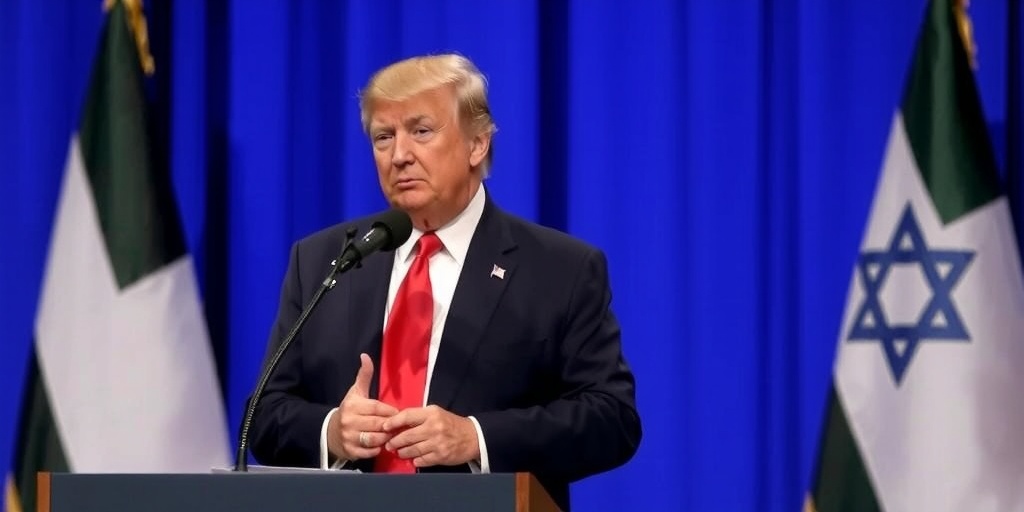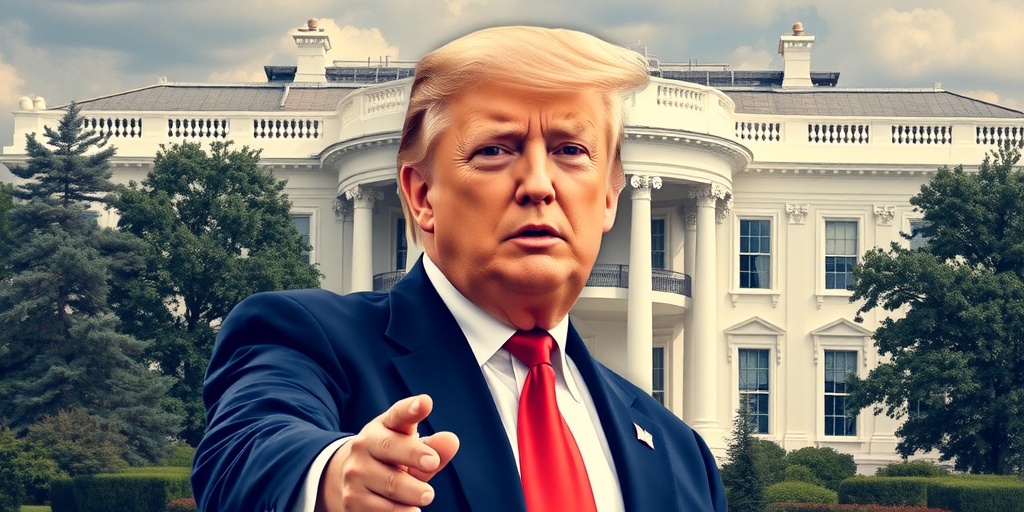Now Reading: Jake Sullivan Reflects on U.S. China Policy
-
01
Jake Sullivan Reflects on U.S. China Policy
Jake Sullivan Reflects on U.S. China Policy

Biden Administration’s Approach to China: Insights from National Security Adviser Jake Sullivan
In a recent interview held in the West Wing, Jake Sullivan, the White House National Security Adviser, shared his insights on the U.S. administration’s strategy for dealing with China. Having coordinated China policy for President Biden over the last four years, Sullivan’s experience includes travels to significant cities such as Vienna, Malta, and Bangkok for discussions with Wang Yi, China’s top foreign policy official, and a notable meeting with Chinese President Xi Jinping in Beijing last August. His remarks highlighted the evolving dynamics of U.S.-China relations and the broader geopolitical context.
Transitioning from "Hub and Spoke" to a Regional Network
In discussing the shift from the previous administration’s China policy, Sullivan elaborated on the Biden administration’s objective to move away from a “hub-and-spoke” strategy characterized by isolated bilateral alliances. Instead, he emphasized the creation of a “latticework” or “network of relationships” across the region. This involved revitalizing nonmilitary coalitions like the Quad with Australia, India, and Japan while establishing new security agreements with various countries such as Japan and South Korea, as well as Australia and Britain, enhancing a collaborative approach to regional security.
Addressing Semiconductor Manufacturing and Supply Chain Challenges
Sullivan examined the shortcomings of the previous administration’s approach to semiconductor manufacturing, specifically regarding extreme ultraviolet lithography (E.U.V.) technology. He highlighted the informal efforts taken by the Trump administration to engage the Dutch government on this technology but pointed out that the Biden administration recognized the need for a more structured export control regime that could be developed further.
He noted a significant gap in the U.S. defense industrial base pre-2021, expressing concerns over inadequate investments in munitions and platforms. Sullivan observed that the COVID-19 pandemic had exposed broader supply chain vulnerabilities, necessitating a critical supply-chain strategy that extended beyond defense to include essential areas such as critical minerals and semiconductors, allowing for a more comprehensive national security strategy.
Investments in Domestic Capacity and International Alliances
In addressing the means through which the Biden administration seeks to compete with China, Sullivan identified two primary strategies. The first entails making substantial investments domestically to bolster U.S. industrial and innovation capacity, ensuring that the U.S. maintains a competitive edge against China’s rapidly advancing technology sector. The second strategy focuses on enhancing alliances and partnerships, effectively broadening U.S. strategy against China to encompass both regional and global considerations.
Sullivan acknowledged the importance of engaging with European partners to shift collective perspectives on China, underlining the necessity for united action among Western nations.
Technology Competition and Export Controls
On the topic of technological competition, Sullivan underscored the importance of U.S. export controls on advanced semiconductor chips and equipment. He explained that limiting China’s access to cutting-edge semiconductor manufacturing technology would inherently restrain its capabilities in artificial intelligence. Sullivan dismissed criticisms of these export controls, arguing they were a necessary response to China’s explicit ambitions to develop indigenously robust semiconductor manufacturing.
Moreover, he addressed complexities in dealing with countries seeking to collaborate with both the U.S. and China, emphasizing the need for the U.S. to ensure that foundational elements of future A.I. infrastructure are built domestically, thus reducing potential dependencies on foreign nations for critical technology.
Tailored Trade Agreements and Meeting Global Needs
Sullivan pointed out that Asian nations increasingly desire trade agreements that cater to their unique economic models and needs rather than broad-based access. He provided examples of specific agreements sought by countries like Japan and Indonesia that center around critical minerals and trade routes that support U.S. electric vehicle manufacturing, underscoring the evolving nature of international economic relations.
Ensuring American Workers Benefit from Trade Policies
He also reflected on the implications of free trade agreements for American workers, advocating for a strategy that delivers both lower-cost goods and sustains domestic manufacturing capabilities. Sullivan emphasized that policies like the Inflation Reduction Act (IRA) are integral to promoting a sustainable industrial base.
Managing Competition within a Complex Relationship
A key takeaway from Sullivan’s discussions with Chinese leaders is the evolving nature of U.S.-China relations, which he frames as “managed competition.” He emphasized that while competition is a certainty, ongoing communication—especially military communication—is crucial for maintaining stability in the relationship. Over the past four years, Sullivan believes both countries have adjusted their approaches to include areas of cooperative engagement alongside competition, marking a significant shift in how the two nations manage their complex relationship.
In conclusion, Sullivan’s insights reflect the Biden administration’s commitment to a comprehensive and strategic approach to national security, emphasizing collaboration with allies and addressing technological and industrial challenges as critical to effectively competing with China in the coming years.
Stay Informed With the Latest & Most Important News
Previous Post
Next Post
-
 01New technology breakthrough has everyone talking right now
01New technology breakthrough has everyone talking right now -
 02Unbelievable life hack everyone needs to try today
02Unbelievable life hack everyone needs to try today -
 03Fascinating discovery found buried deep beneath the ocean
03Fascinating discovery found buried deep beneath the ocean -
 04Man invents genius device that solves everyday problems
04Man invents genius device that solves everyday problems -
 05Shocking discovery that changes what we know forever
05Shocking discovery that changes what we know forever -
 06Internet goes wild over celebrity’s unexpected fashion choice
06Internet goes wild over celebrity’s unexpected fashion choice -
 07Rare animal sighting stuns scientists and wildlife lovers
07Rare animal sighting stuns scientists and wildlife lovers





















